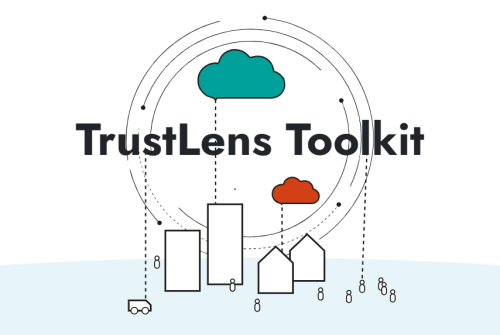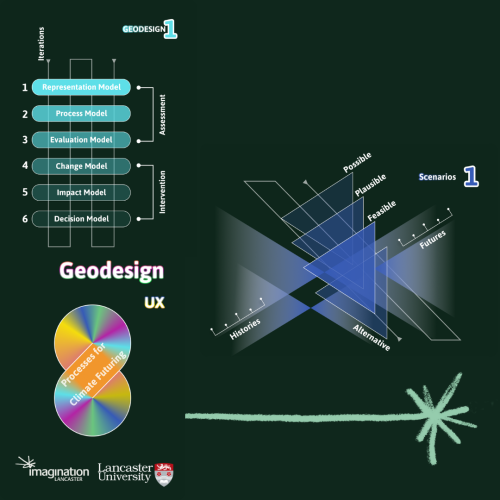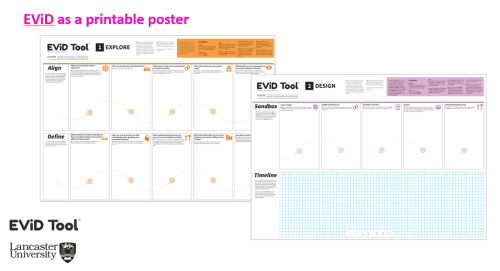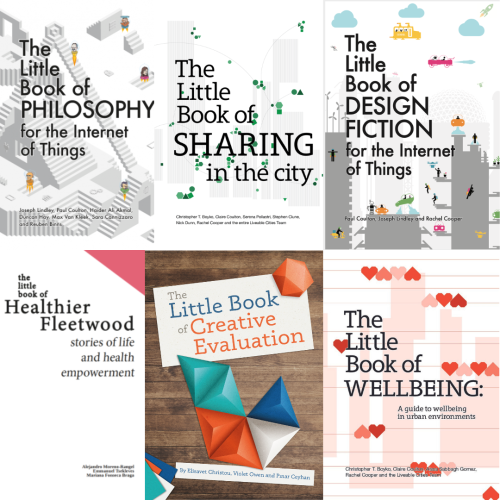Here you will find a collection of those resources. Please do contact us if you have any questions.

Tools to help organisations think through how to use IoT sensors in public spaces.
Many organisations are interested in the way that technology can be used in public spaces to solve problems or provide opportunities for new benefits to society. There are many questions that need to be considered in such deployments to make sure that the technology is being used to everyone’s benefit. By using this toolkit you can discover what information is available about the deployment, have the answers handy in one place, discover areas where you might not know the answers right now, and consider where you might need to seek additional information.
Designed for collaborative decision-making and futuring with applied cases.
Geodesign is a collaborative decision-making process for design & natural sciences conceived by Carl Steinitz. Use this card deck and method to organise projects, adapt, experiment and generate future scenarios.
Find out more and access the resources here.


A novel collaborative tool for exploring and designing project evaluations.
EViD is a Lancaster University Spin-Out. The tool has been developed by researchers at Lancaster University, UK and Curtin University, AU. It has been developed as a solution to challenges and pain points associated with project evaluation and can help you work collaboratively to explore and design your project evaluations.
EViD is free for unlimited use when used by non-profit organisations or for educational purposes. Visit the EViD website for more details and to access the tool.
Over the years we have published a variety of accessible ‘Little Books’ to help explain and share the research we do and the impact it has on society. They are all available to download as PDFs, please go to our Little Books page to discover more.


Leapfrog was an Arts and Humanities Research Council funded research project with very practical outcomes; tools and toolboxes that anyone can use to do more creative and engaging consultation.
Our tools are not prescriptive formulas or processes, but instead effective ways to do more with less time, transforming activities and workshops to make them better. Our toolboxes are collections of related tools that go together well, but we are just as interested how people appropriate and modify our tools in ways we could never predict.